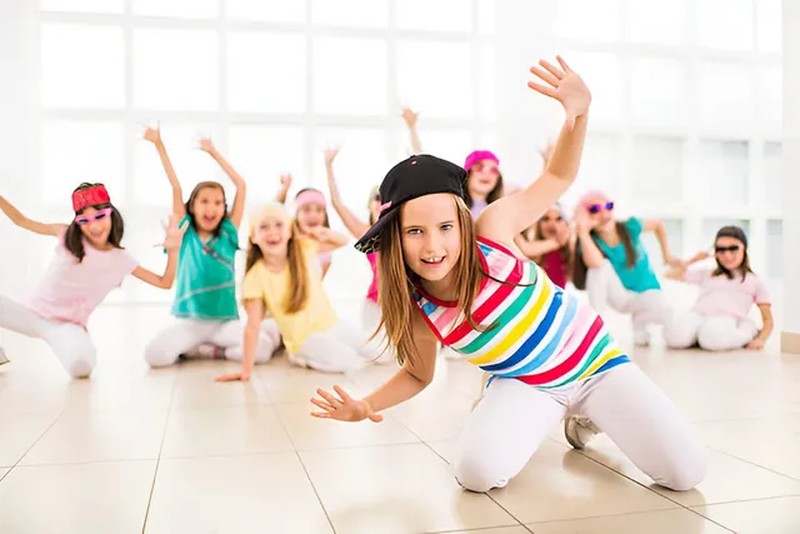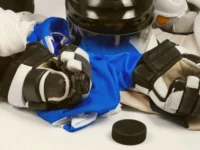Learn About Some Essential Tips for Dance Parents

Supporting teens in dance is both exciting and beneficial. From long practice meetings to dresses and competitions, parents play a major role in course their children to blossom in this creative journey. But being a “dance parent” needs more than just propulsive to classes—it means being bright, guiding, and weighing your child’s growth athletically.
Understand Your Role as a Dance Parent
Dance parents are partners in their kids’ training. While teachers provide technical counseling, parents provide emotional support, motivation, and form at home. It’s important to recollect that your role is not to correct steps or assessment technique but to encourage exertion, dedication, and possession of dance. Essential tips for dance parents are given below
Balancing Encouragement and Pressure
Children act best when they feel supported, not pressured. As one, your responsibility is to affect the right balance:
• Efforts must be celebrated
Praise your kid’s hard work, even though they don’t win a contest.
• Avoid Comparisons
Every dancer progresses at a different pace; comparisons can check ambition.
• Boost Rest
Remind your child that spare time is just as important as practice for overall growth.
By consistently encouraging positive behavior, you’ll help your minor maintain an active relationship accompanying dance.
Stay Arranged with Schedules and Commitments
Dance often involves diversified classes, rehearsals, and performances. Staying systematized reduces stress for both persons and children.
- Keep a record of your dance classes.
- The dance kit checklist is very important.
- Teach children occasion management abilities by encouraging them to balance schoolwork, rest, and dance practice.
The organization admits your child to focus more on enjoying dance while you feel less overwhelmed.
Your Child’s Health and Well-Being Should be Maintained
Dance is substantially challenging, and youth need correct care to stay powerful and activated. Parents can support by focusing on:
• Nourishment:
Encourage energetic food and teas for energy.
• Hydration:
Remind your adolescent to drink enough water all the while rehearsals.
• Recline and Sleep:
Growth and recovery happen when the body is restored.
• Injury Avoidance:
Make sure your infant stretches, prepares, and communicates if something feels hard.
Good health tendencies not only improve action but also avoid burnout.
Communicate with Teachers and Instructors
A powerful relationship between parents and dance instructors benefits the child considerably. Take time to:
- Ask questions deferentially about progress or class expectations.
- Support teachers’ rules and commands outside the studio.
Consistency between home and class ensures your infant receives clear guidance and feels backed on all sides.
Be a Positive Presence at Performances
Recitals and competitions are the main moments for babies. By realizing this, you help your child build assurance and grasp dance as a fun, lively art.
Conclusion
Being a dance person is about more than suits and rehearsals—it’s about helping your kid build assurance, training, and a love for movement. By contributing help, staying organized, prioritizing health, and supporting powerful communication following instructors, you create an environment where your child can really shine.
With the right balance of support and independence, dance becomes not just an exercise but a lasting beginning of joy and development.







